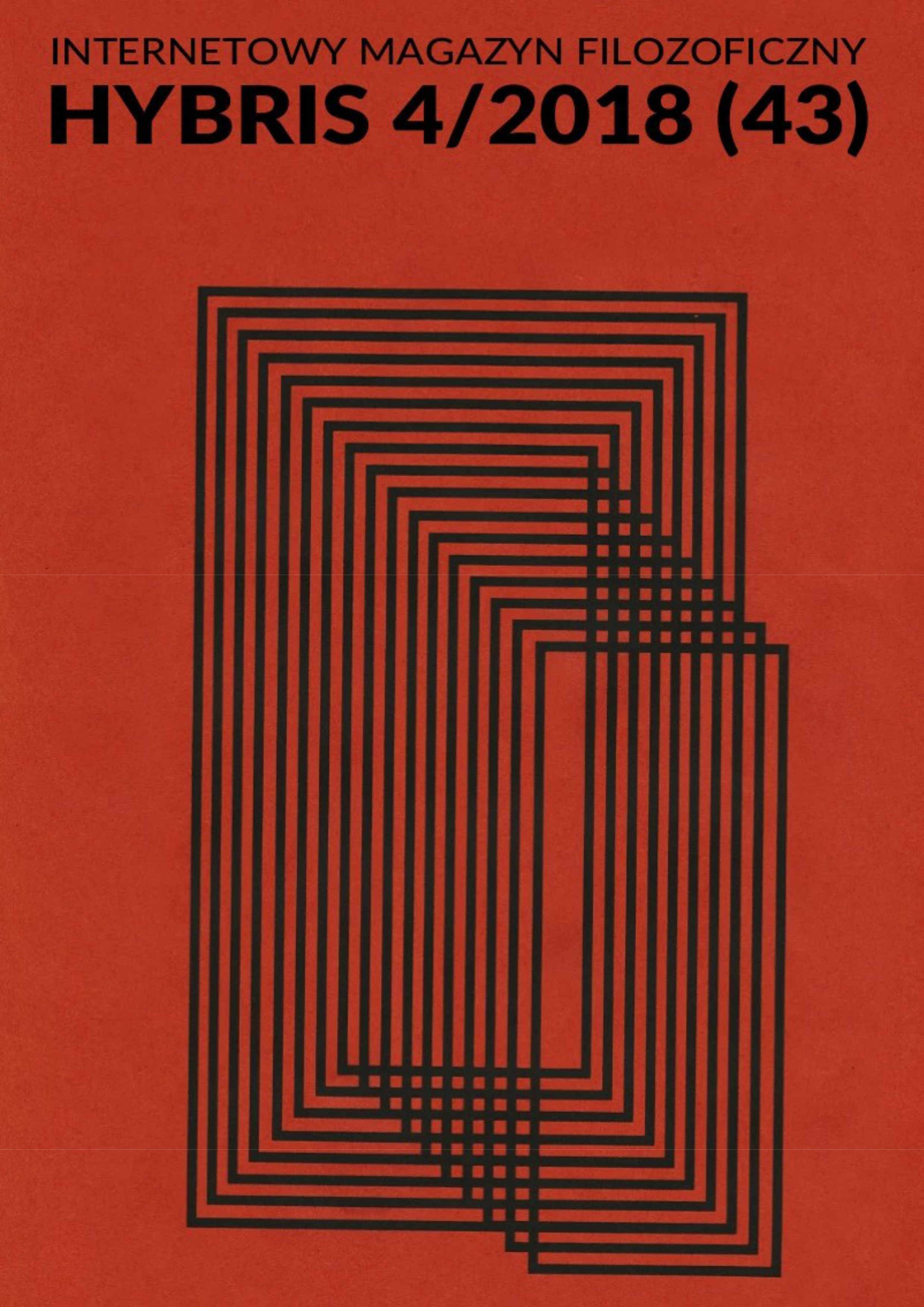Pośmiertne interesy osoby
DOI:
https://doi.org/10.18778/1689-4286.43.06Słowa kluczowe:
nastawienie osobowe, interesy, prawa podmiotowe, proleptyczny, ante mortemAbstrakt
Does the interest of a person go beyond the limits of her life? In the article we advocate the realistic view, proclaiming that interests of a person continues even after her death. In contemporary philosophy the realistic view of the post-mortem interests, already outlined by Aristotle, had been delivered by Joel Feinberg. The paper associates an ontological thread with a moral philosophy and general reflection on the notion of a person. Developing the Timothy Chappell’s idea, we introduce the term of personal stance, which is an aspect of the proleptic nature of the concept of a person. Since personal stance includes also a dead person, she belongs to the primary moral constituency. This fact clarifies our concern for the posthumous fate. Lastly, we argue that in the light of private law posthumous interests are to be understood as personal rights.
Bibliografia
Arystoteles (1955). Etyka Nikomachejska I.10-11, par. 2, tłum. D. Gromska, Warszawa.
Zobacz w Google Scholar
Chappell T. (2011). On the Very Idea of Personhood, „The Southern Journal of Philosophy”, 49/2011, s. 1-27.
Zobacz w Google Scholar
DOI: https://doi.org/10.1111/j.2041-6962.2010.00042.x
Dennett D. (2015). Dźwignie wyobraźni i inne narzędzia do myślenia, tłum. T. Kwiatek, Kraków.
Zobacz w Google Scholar
Höffe O. (1995). Immanuel Kant, tłum. M. Kaniowski, Warszawa.
Zobacz w Google Scholar
Ihering R. von (1894). Walka o prawa, Petersburg.
Zobacz w Google Scholar
Ingarden R. (1989). Wykłady z etyki, Warszawa.
Zobacz w Google Scholar
Lewis D. (1986). On Plurality of Worlds, Blackwell.
Zobacz w Google Scholar
Longchamps de Bérier R. (1911). Studya nad istotą osoby prawniczej, Lwów.
Zobacz w Google Scholar
Moore G. E. (1919). Zasady etyki, tłum. Cz. Znamierowski, Warszawa.
Zobacz w Google Scholar
Olson E. (2013). The Person and the Corpse [w:] The Oxford Handbook of Philosophy of Death, red. B. Bradley, F. Feldman, J. Johansson, s. 80-97.
Zobacz w Google Scholar
DOI: https://doi.org/10.1093/oxfordhb/9780195388923.013.0004
Odrowąż-Sypniewska Joanna (2011). Istnienie i identyczność [w:] Przewodnik po metafizyce, red. S. T. Kołodziejczak, Kraków, s. 87-127.
Zobacz w Google Scholar
Quine W. (2000). Otym, co istnieje [w:] Tegoż, Z punktu widzenia logiki, tłum. B. Stanosz, Warszawa.
Zobacz w Google Scholar
Rousseau J. J. (1996). List o widowiskach [w:] Tegoż, Umowa społeczna, tłum. W. Bieńkowska, Warszawa.
Zobacz w Google Scholar
Reale G. (1999). Historia filozofii starożytnej, t. III, tłum. I. Zieliński, Lublin.
Zobacz w Google Scholar
Scarre G. (2007). Death, Acumen.
Zobacz w Google Scholar
DOI: https://doi.org/10.1017/UPO9781844653874
Sperling D. (2008). Posthumous Interests, Cambridge University Press.
Zobacz w Google Scholar
Stelmachowski A. (1998). Zarys teorii prawa cywilnego, Warszawa.
Zobacz w Google Scholar
Swieżawski S. (2000). Dzieje europejskiej filozofii klasycznej, Warszawa– Wrocław.
Zobacz w Google Scholar
Trendelenburg A. (1910). The Contribution to the History of the Word Person, „The Monist” vol. 20 (3), s. 336-363.
Zobacz w Google Scholar
DOI: https://doi.org/10.5840/monist191020348
Wolniewicz B. (1993). Myśl Elzenberga [w:] Filozofia i wartości, Warszawa, s. 69-95.
Zobacz w Google Scholar
Wolniewicz B. (2011). OPolsce i życiu, Komorów.
Zobacz w Google Scholar
Pobrania
Opublikowane
Jak cytować
Numer
Dział
Licencja

Utwór dostępny jest na licencji Creative Commons Uznanie autorstwa – Użycie niekomercyjne – Bez utworów zależnych 4.0 Międzynarodowe.






